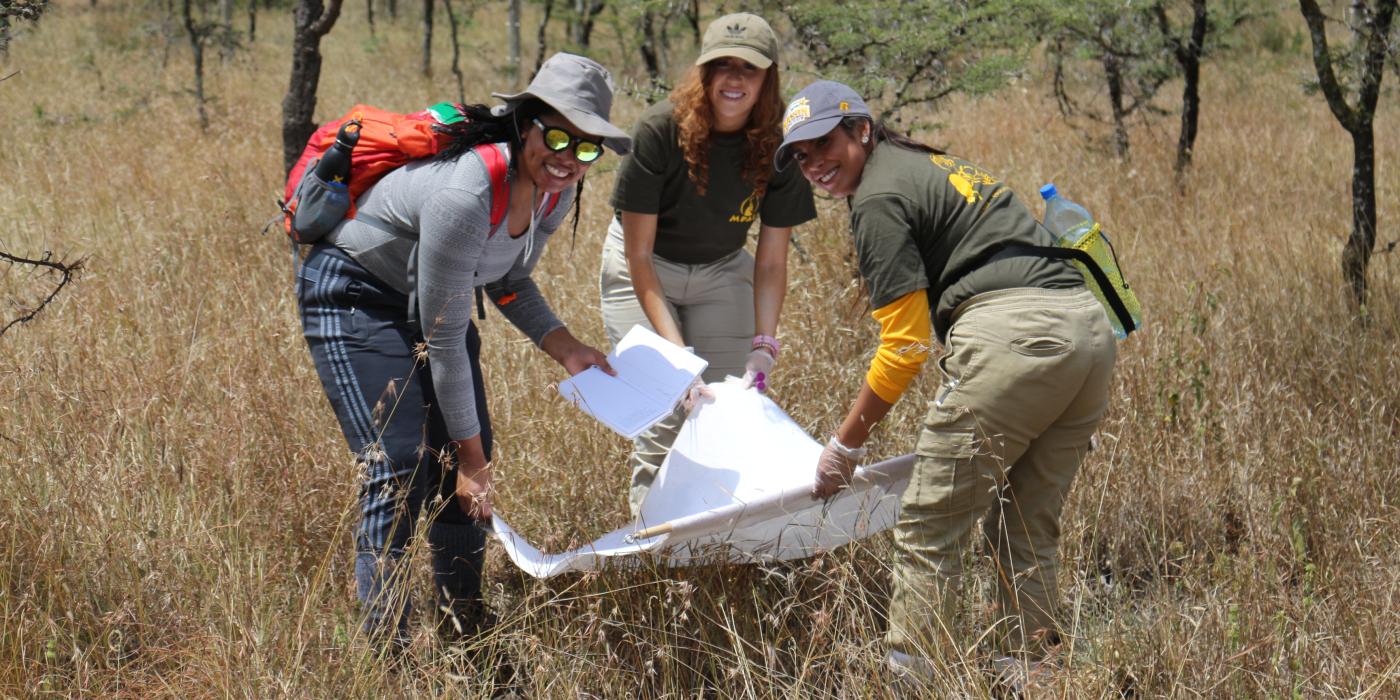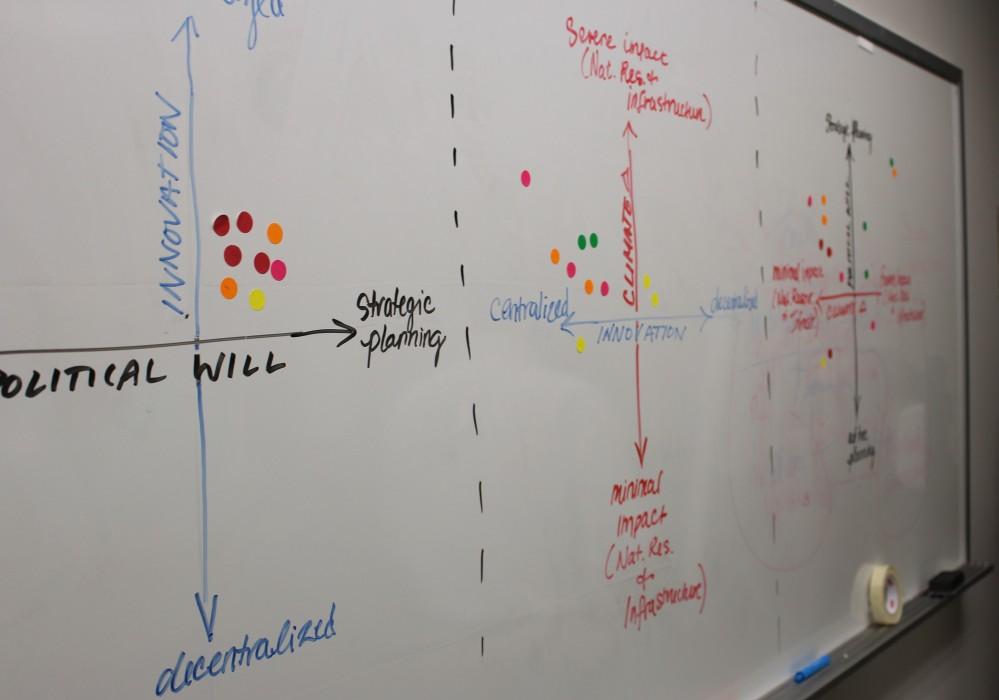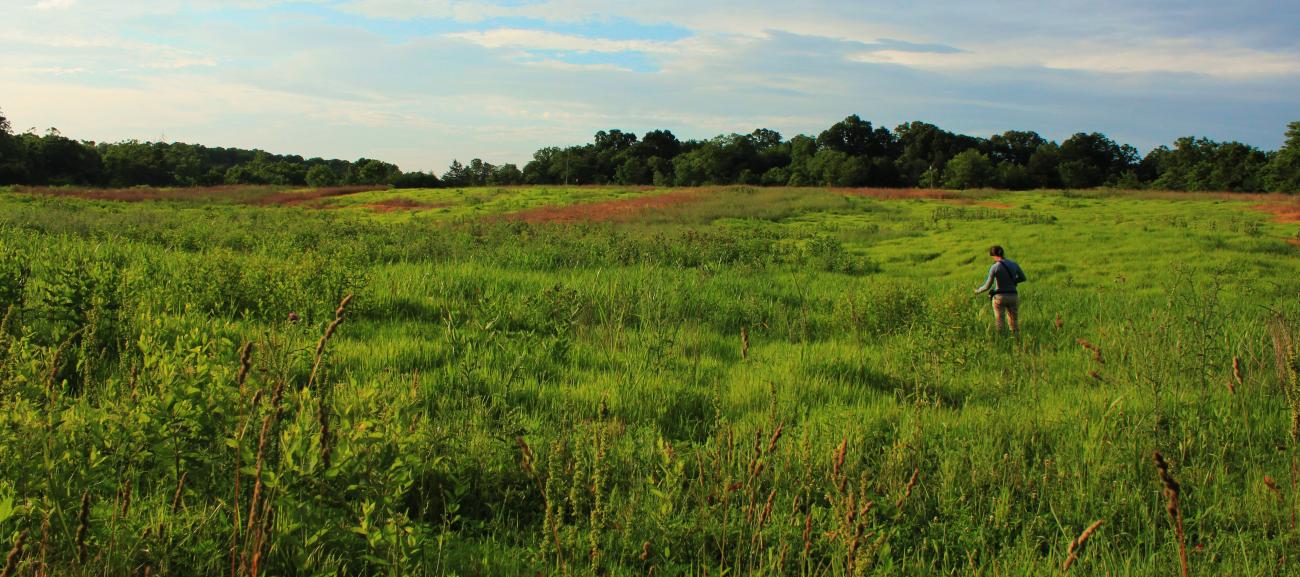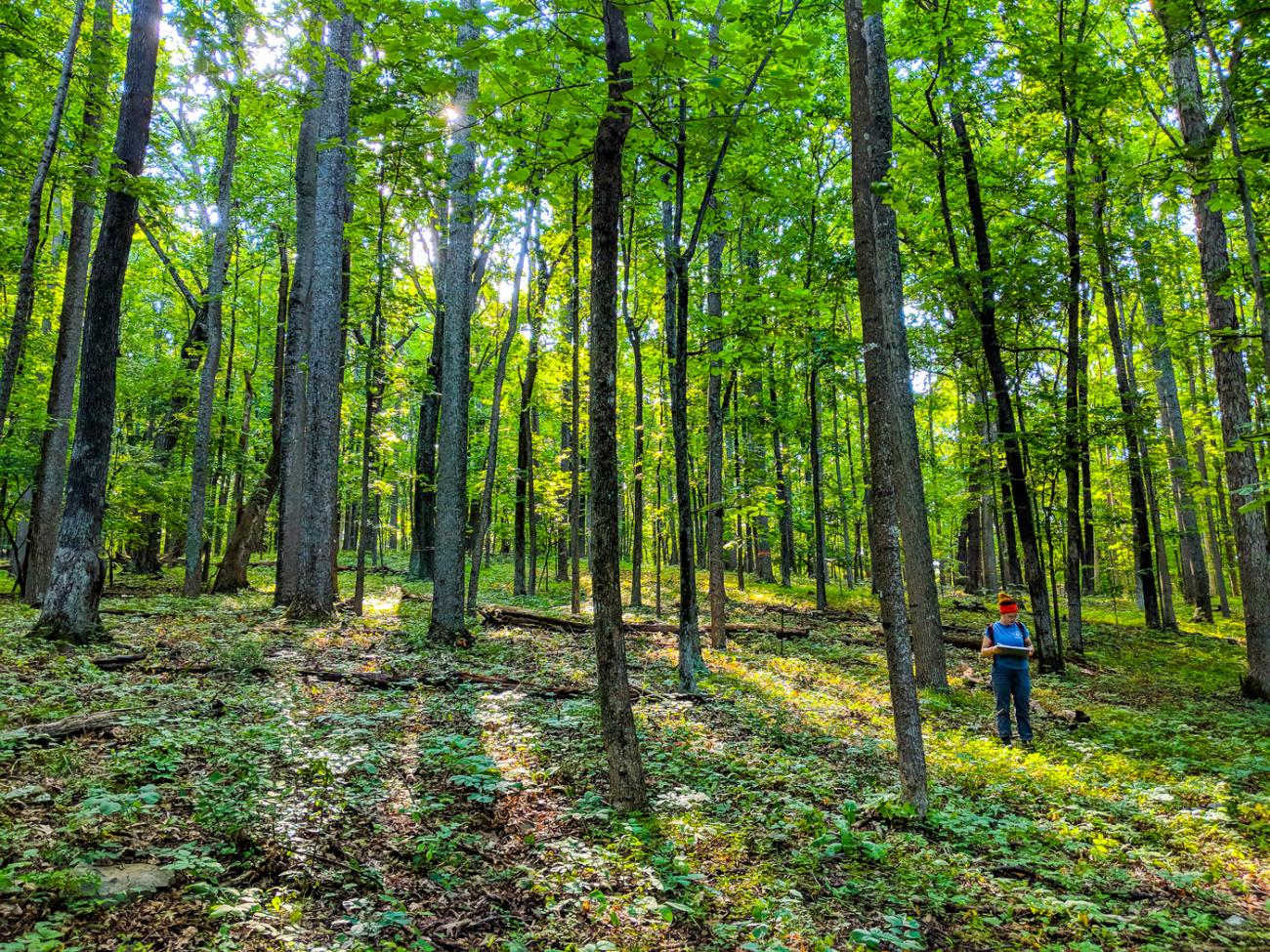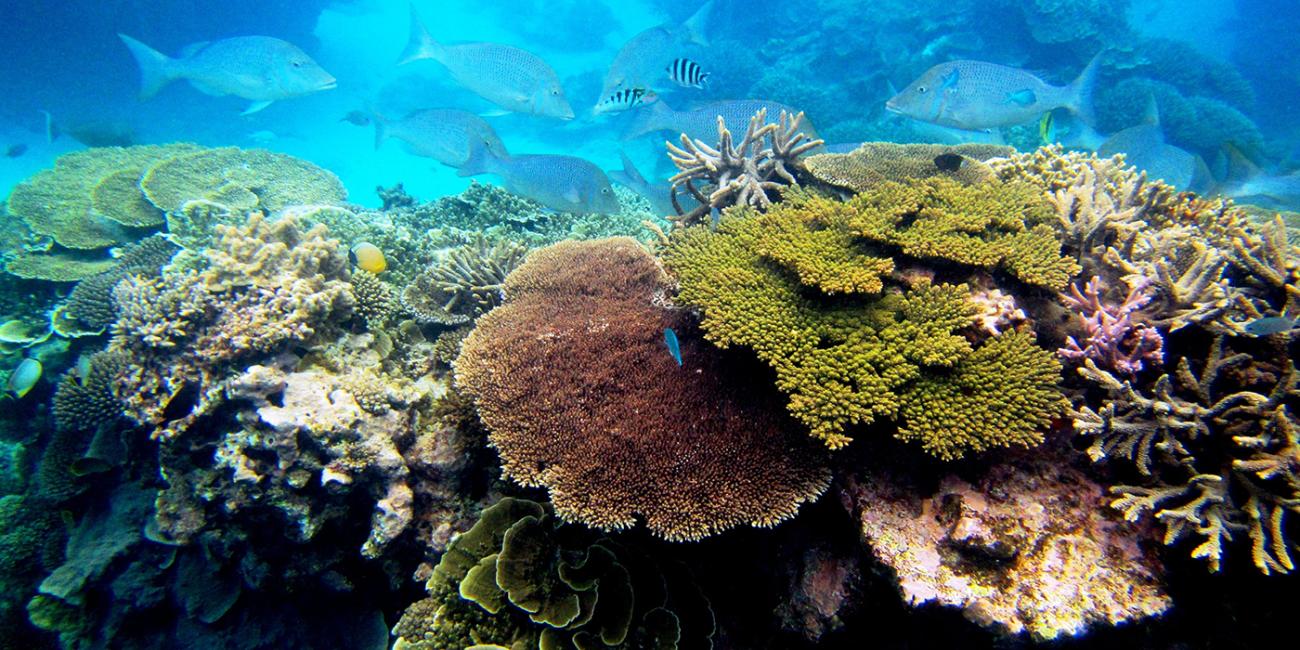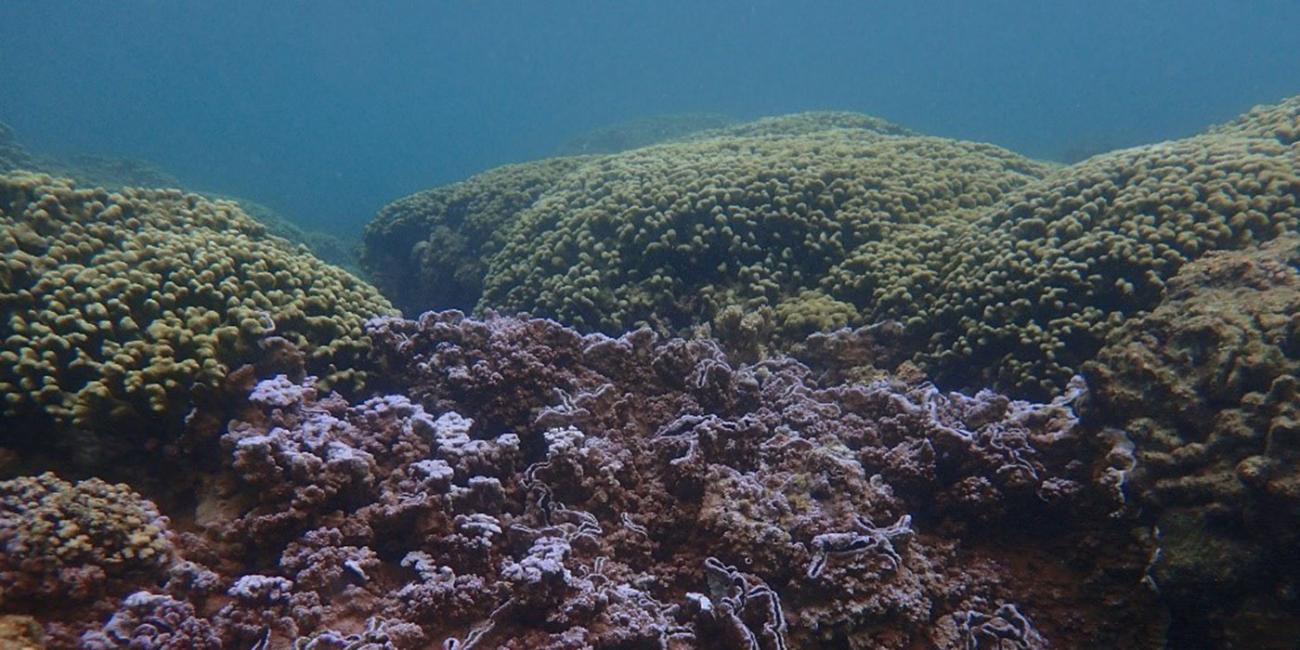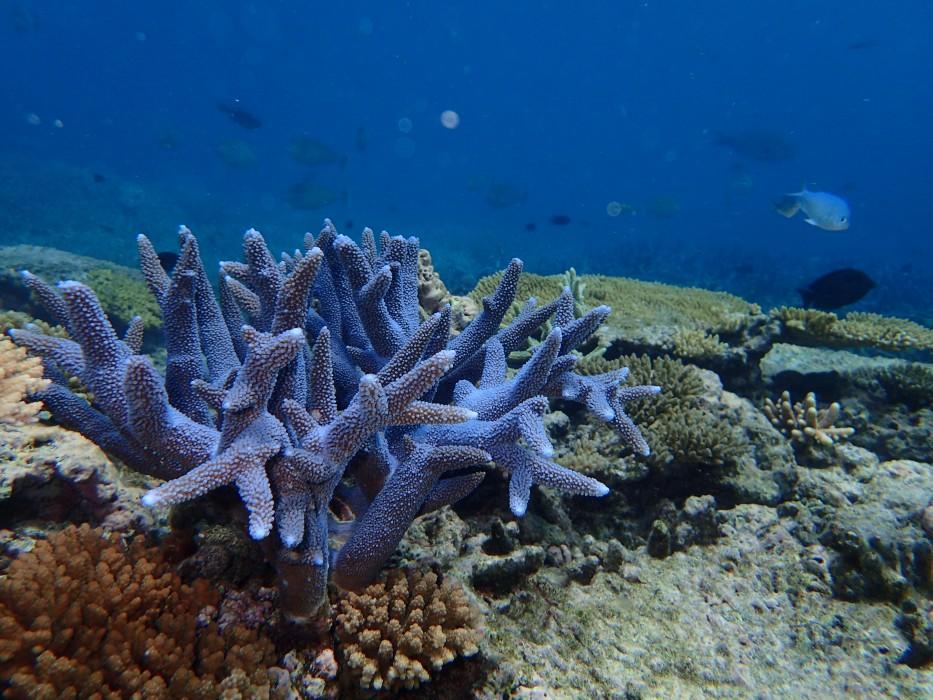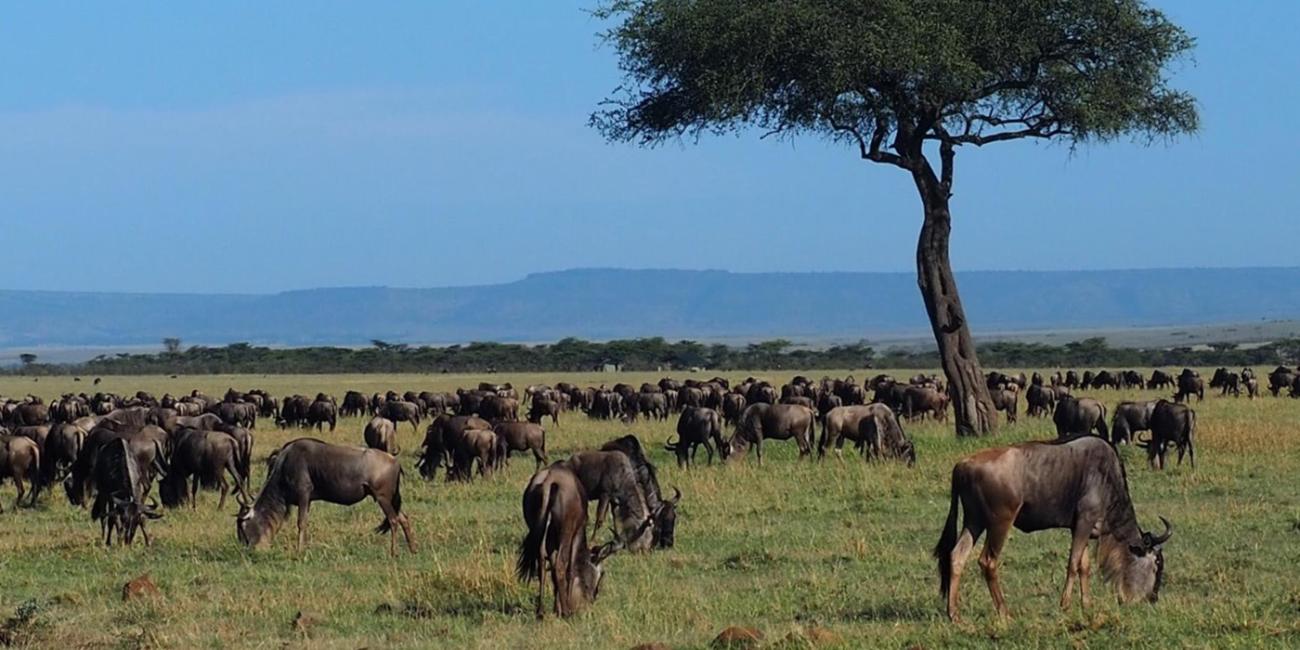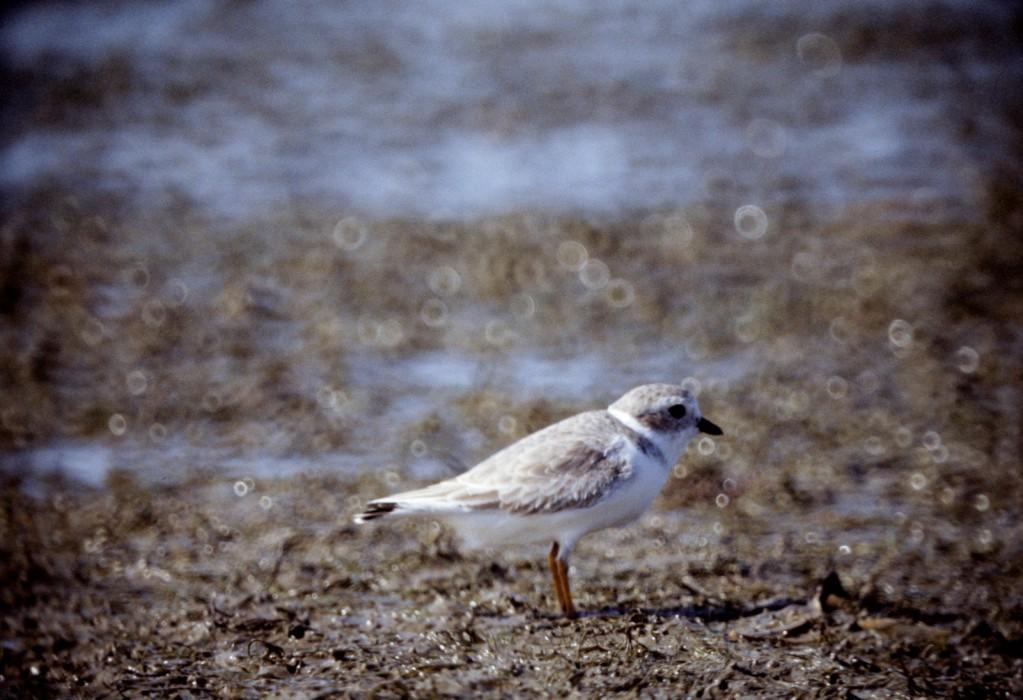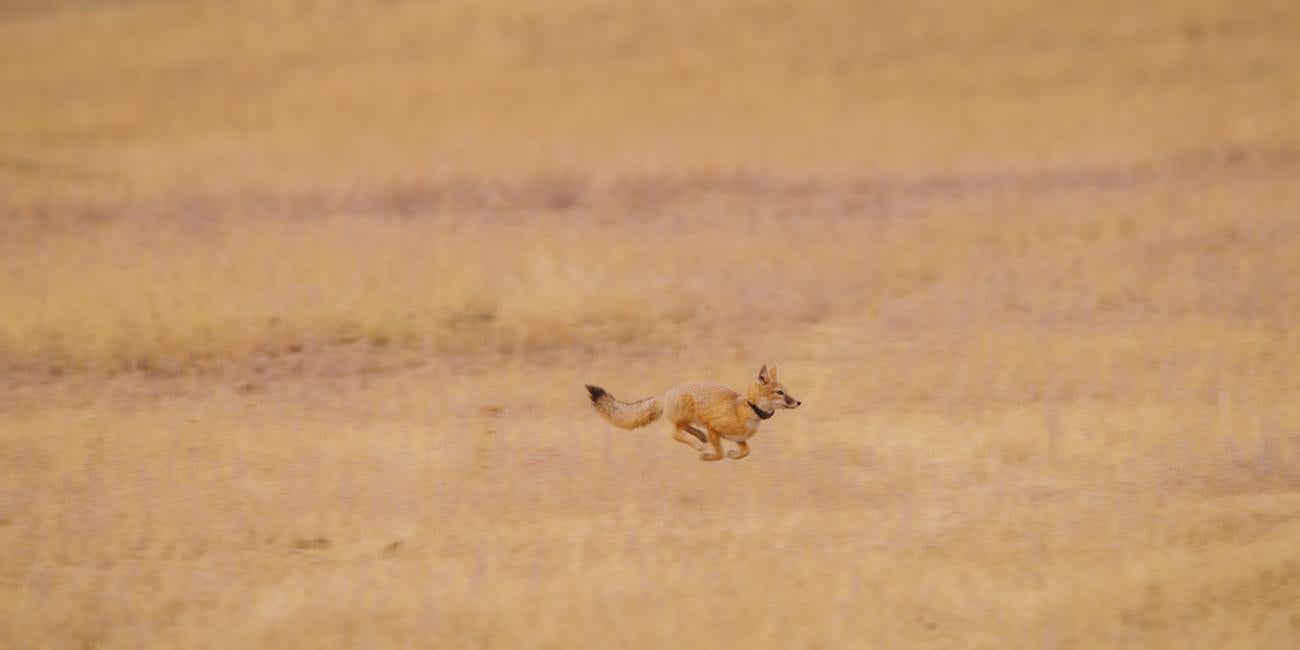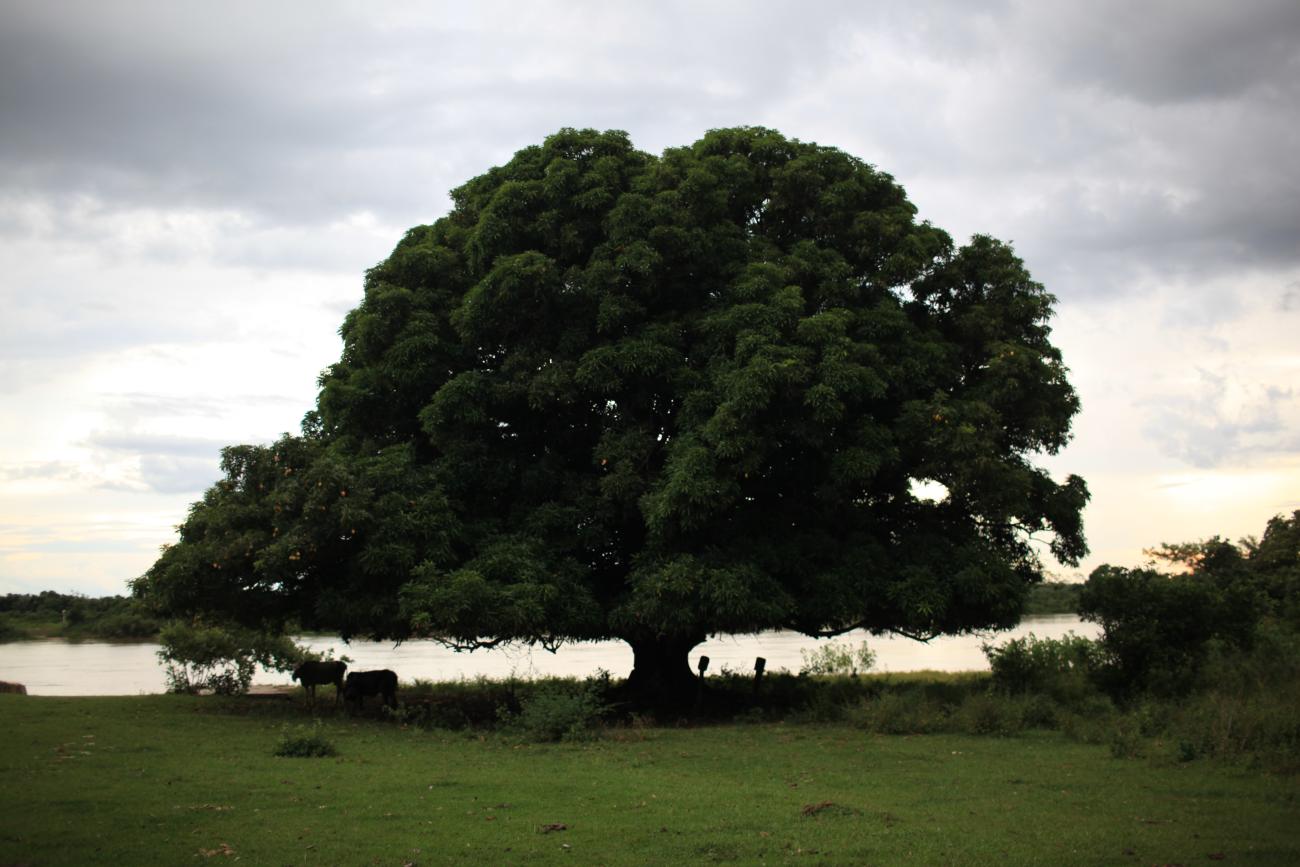Global Health Fellowships and Internships
Fellowships
The Global Health Program hosts fellowships to build longer-term capacity in partner countries and to support postdoctoral-level studies. Fellows are based in the U.S. or at international partner organizations, and are directly mentored by Global Health Program staff on research projects related to wildlife health, conservation and emerging infectious diseases.
Fellowships span one to two years with anticipated completion of a research project and preparation of manuscripts for peer-reviewed publications.
Veterinary Fellowships
GHP hosts two veterinary fellowships that match a Kenyan veterinarian with a U.S. veterinarian to implement joint research projects in Laikipia County, Kenya, for a period of two years. The next recruitment for this position is anticipated in 2020, although there may be additional opportunities in other partner countries before 2020.
Research Fellowships
GHP often offers research fellowships based at its offices in Washington, D.C., with field work at one of its international partner institutions. Contact GHP if you have interest in exploring a particular research topic.
Internships
Interested in learning about the importance of health with increased interaction between human, livestock and wildlife within a shared environment? Previous GHP interns have supported a range of activities, including pangolin health, wildlife genetics, drafting grant proposals on emerging infectious diseases and developing field manuals for giraffe health.
Interns are typically at the graduate school level and/or pursuing M.P.H. or D.V.M. programs in the U.S. or abroad. Internship lengths vary but are generally a minimum of four weeks during the fall, winter and spring, and six weeks during the summer. Due to high demand, a limited number of summer internship applicants are selected each year.
The Global Health Program is not accepting new interns at this time. Please check back for updates.
